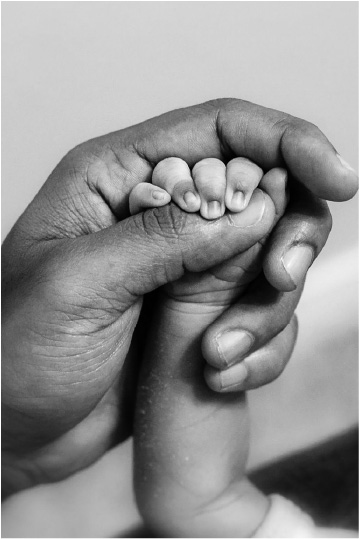
Exploring Fair Dealing and Fair Use in Nigerian Copyright Law: Concepts and Implications
By FSAdmin
Copyright is gaining prominence in Nigeria due to its significant economic value. Its primary purpose is to safeguard the rights of copyright owners to benefit from their work, while also ensuring that users have the right to access and utilise these works. However, the focus often leans heavily toward protecting the rights of copyright owners, leading to the misconception that copyright universally prohibits all forms of copying or replication without exception. This is not entirely accurate, as copyright law recognises important exceptions, including the principles of fair dealing and fair use. The rapid advancement of technology and the public’s growing demand for knowledge have driven the inclusion of these exceptions, as outlined in the Second Schedule of the Nigeria Copyright Act (“the NCA”).[1] These exceptions not only protect copyright owners but also grant the public certain rights as users of copyrighted works. This reflects the evolution of copyright law in Nigeria and has expanded its scope. With these exceptions, copyright users can access a wider range of copyrighted materials, provided their use complies with legal requirements. Among these exceptions, the defence of fair dealing is particularly notable. It is one of the most significant exceptions in copyright law due to its broad scope and flexibility, encompassing many other exceptions.
This article explores the concepts of fair dealing and fair use within Nigerian copyright law and their implications, including how these doctrines balance the rights of creators with the public’s need for access to information.
Clients
Privacy Policy
Terms of Service
Address
128B, Association Road, Dolphin Estate, Ikoyi, Lagos



